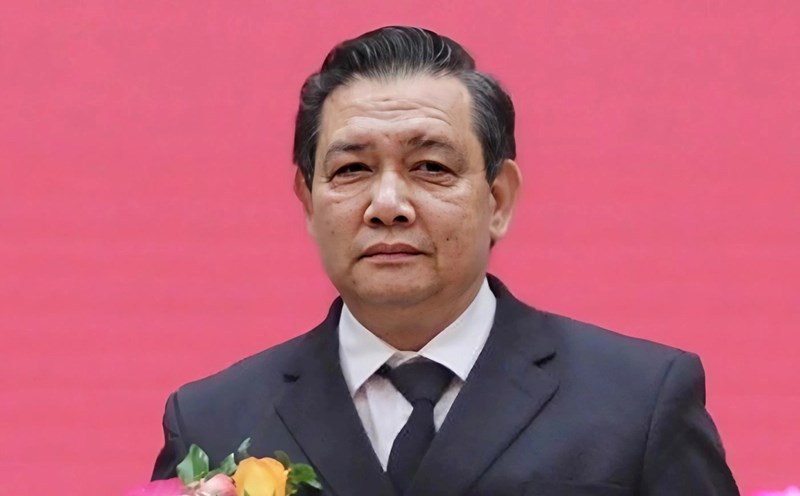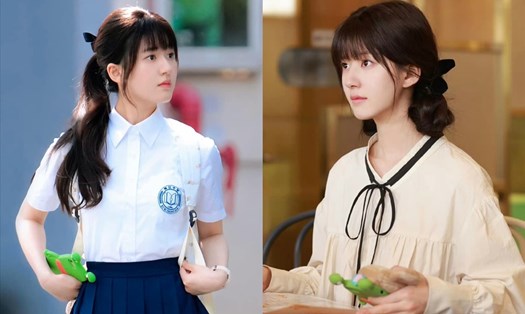However, instead of only receiving objective feedback about the content and acting, the film was caught up in a situation where some accounts rated it as 1 star for the purpose of attacking and creating controversy.
Notably, among the accounts that left negative comments, there was a prominent case when making a direct comparison between "Let Me Shine" and the movie "Pho Son Hai" - a work that had previously attracted attention. This account said that Zhao Lusi's new project "lacked appeal", and deliberately created a comparison with "Pho Son Hai" to stimulate the audience's debate. This has led many fans to speculate that this could be the action of "Pho Son Hai" fans to "squeeze" the opponent.
However, the surprising developments when the online community discovered that the above account also left a rating of 1 for "Pho Son Hai". This information was quickly widely shared, creating a wave of criticism of unwilling "evaluation" behavior. Many opinions said that this malicious scoring action not only affected the image of the actors and film crew, but also distorted the audience's general assessment of the quality of the work.
In the context of online platforms increasingly having a great influence on the success or failure of a film, the phenomenon of "virtual evaluation" and "malignament scoring" is raising many concerns. Viewers are increasingly calling for a tighter censorship mechanism to protect a fair and objective assessment environment.
In the case of Zhao Lusi, many neutral audiences believe that they should wait until the broadcast to evaluate fairly, instead of letting negative opinions intentionally lead public opinion. In fact, both the films "Let Me Shine" and "Pho Son Hai" have a large number of followers, and competition in the film market is inevitable. However, healthy competition is still a necessary factor to maintain sustainable development for the entire industry.











